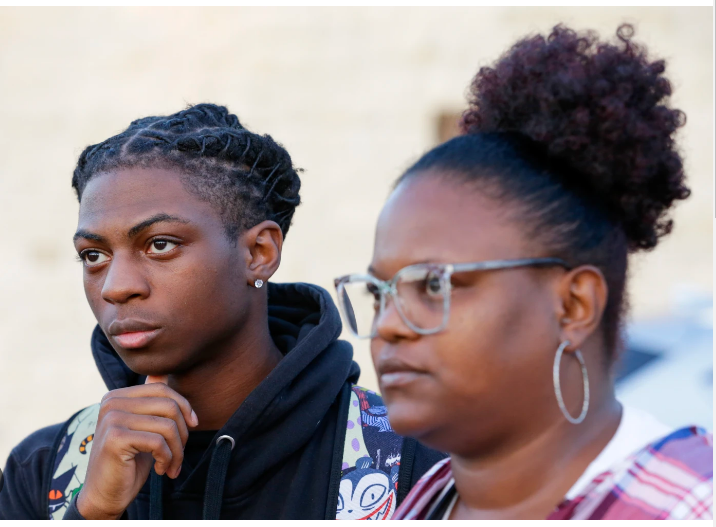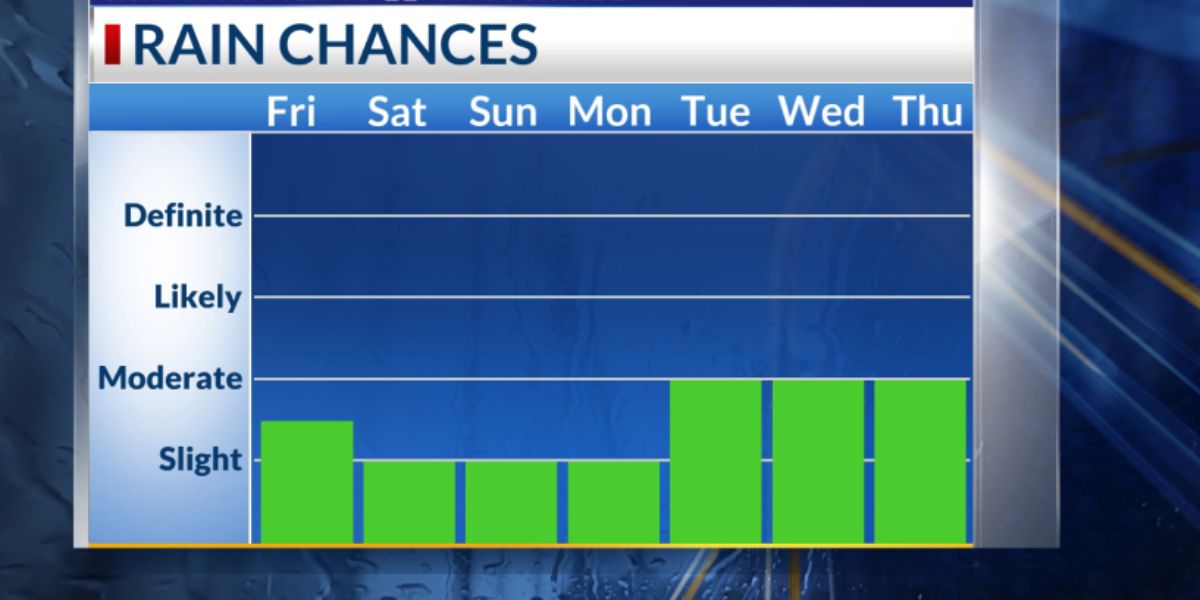In Texas, a trial scheduled for Thursday will address whether a Black high school student, Darryl George, can be punished by his district for refusing to alter his hairstyle, which he and his family argue is protected by the new state law known as the CROWN Act. The trial, set to be held before state District Judge Chap Cain III in Anahuac, follows a lawsuit filed by the Barbers Hill school district seeking clarification of the law’s applicability to its dress code policy.
At the heart of the matter is George’s monthslong punishment for violating the district’s dress code policy on boys’ hair length. The district argues that George’s tied and twisted locs, when let down, would exceed prescribed limits, while George maintains that his hairstyle is a form of cultural expression and strength.
The CROWN Act, enacted in September, prohibits race-based hair discrimination, safeguarding hairstyles such as Afros, braids, locs, and twists. However, the school district contends that its policy does not infringe upon the CROWN Act since the law does not explicitly address hair length.
George, an 18-year-old junior, has faced in-school suspension and off-site disciplinary programs since August, drawing attention to the intersection of race, identity, and educational policy. His attorney, Allie Booker, argues that the CROWN Act’s intent encompasses hair length, given the nature of protective hairstyles protected by the law.
Notably, several lawmakers involved in drafting the CROWN Act are expected to testify on George’s behalf, underscoring the legislative intent behind the law. State Representative Rhetta Bowers affirmed that hair length is integral to protective styles, echoing the significance of this aspect in the law’s protection.
In addition to the trial, George’s family has filed complaints with the Texas Education Agency and a federal civil rights lawsuit against Governor Greg Abbott, Attorney General Ken Paxton, and the school district, alleging failure to enforce the CROWN Act. This legal battle highlights broader questions surrounding the enforcement and interpretation of anti-discrimination laws in educational settings.
Read More News:
- Ohio Launches Nursing Home Quality Navigator to Aid Residents in Decision-Making
- Tennessee Senate Receives Amendments to Governor Lee’s School Choice Plan
The Barbers Hill school district’s hair policy has faced legal challenges previously, indicating ongoing tensions between dress codes, individual expression, and civil rights protections. As the trial unfolds, it serves as a pivotal moment in addressing issues of racial equity and cultural inclusion within Texas schools.






